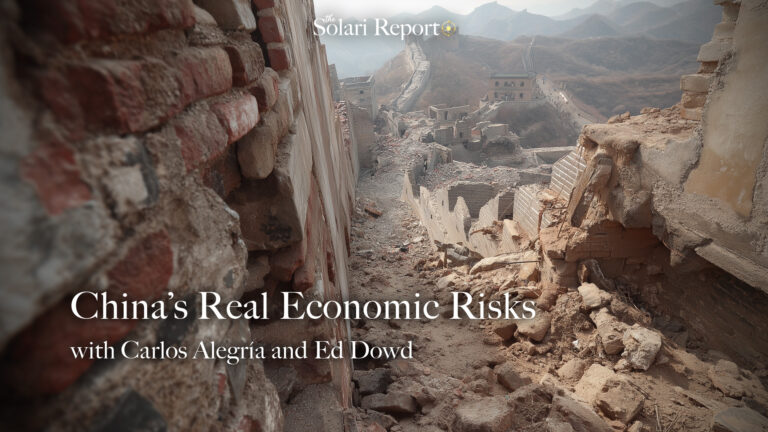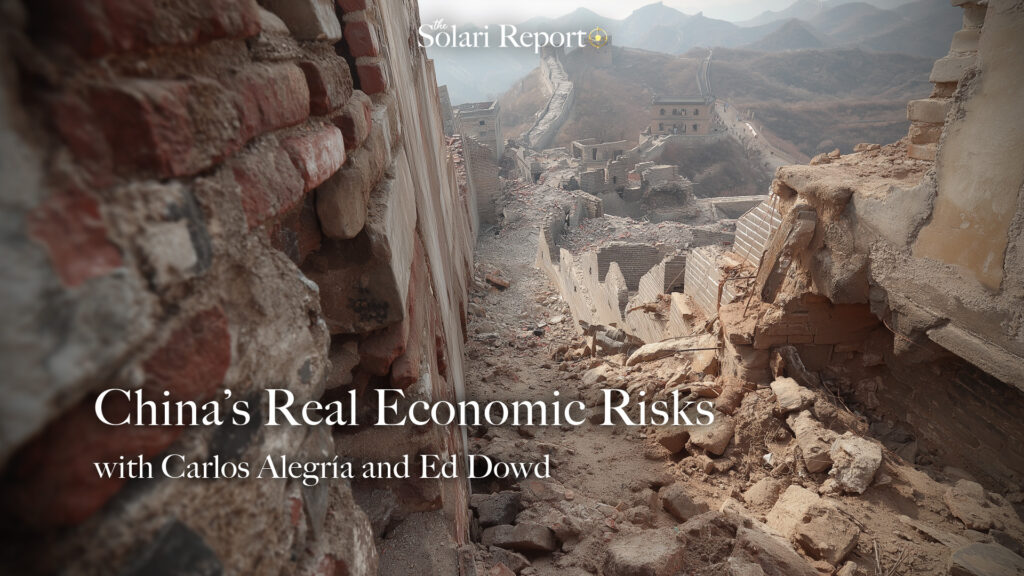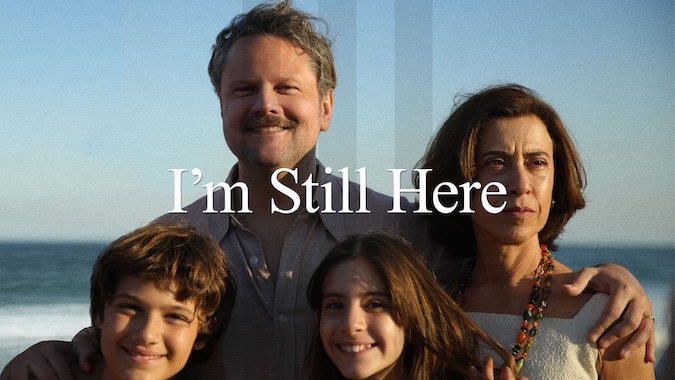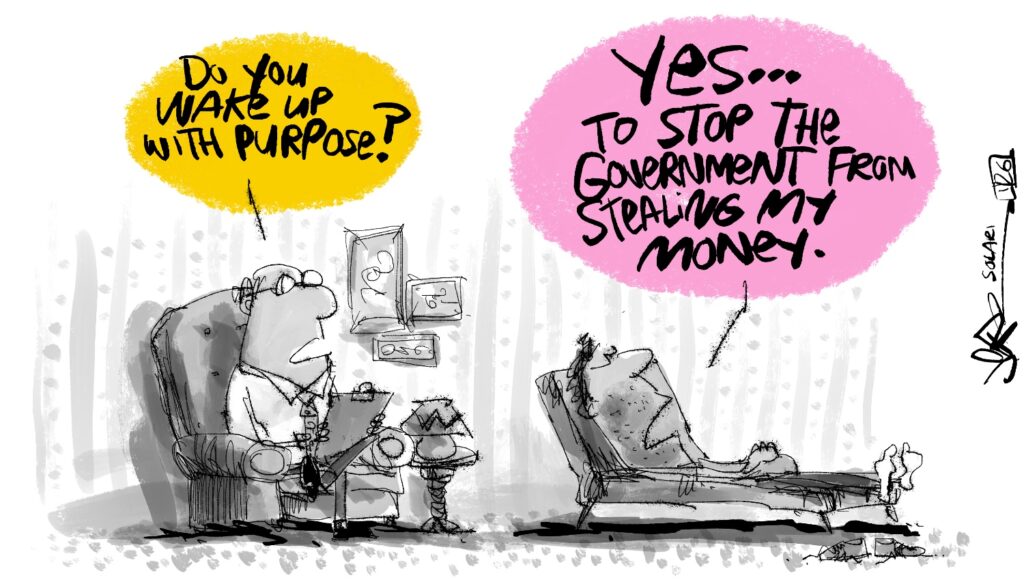You Can't Take It With You
Become a member: Subscribe
- Money & Markets
- Weekly Solari Reports
- Cognitive Liberty
- Young Builders
- Ask Catherine
- News Trends & Stories
- Equity Overview
- War For Bankocracy
- Digital Money, Digital Control
- State Leader Briefings
- Food
- Food for the Soul
- Future Science
- Health
- Metanoia
- Solutions
- Spiritual Science
- Wellness
- Building Weatlh
- Via Europa
Solari’s Building Wealth materials are organized to inspire and support your personal strategic and financial planning.

Missing Money
Articles and video discussions of the $21 Trillion dollars missing from the U.S. government
No posts
- LATEST
- TOP SECTIONS
- SERIES
- Money & Markets
- Weekly Solari Reports
- Ask Catherine
- News Trends & Stories
- Equity Overview
- Cognitive Liberty
- Young Builders
- Building Wealth
- The War for Bankocracy
- Digital Money, Digital Control
- State Leader Briefings
- Food
- Food for the Soul
- Future Science
- Health
- Metanoia
- Solutions
- Spiritual Science
- Wellness
- Via Europa
- BLOGS
- RESOURCES
- COMMUNITY
- My Account
- Log In
- Subscribe
- Search
- Shop
- Support
- Donate
- Log Out
You Can’t Take It With You
I just saw an excellent presentation by Kathryn W. Mirree, J.D, called The Top Ten Charitable Planning Ideas for 2008. The seminar was presented by the Planned Giving Council of Greater Memphis and Community Foundation of Greater Memphis. Other than raising money long ago for the New York City Food Bank and my secondary school and university, I have traditionally shied away from philanthropy. The feisty author of GiftHub.org has persuaded me that an investment advisor should understand the state of philanthropy, the role of charitable giving in estate planning and how community foundations operate. I always welcome an opportunity to learn more about how life and money flow around me.
Before delving into the top ten ideas, Mirree gave an overview of the state of U.S. charitable giving. Here are a few points to chew on:
- Sources in 2007 totaled $295.02 billion, of which $222.89 (75.6%) came from individuals.
- Of this $295.02 billion, religious organizations received $96.82 billion or 32.8% and education received $40.98 billion, or 13.9%
- According to IRS statistics in 2005, only 31% percent of those filing tax returns claimed itemized charitable deductions, giving $181.6 billion to charity.
- The Boston College Social Welfare Research Institute estimates the intergenerational transfer of wealth expected to occur between 1998 and 2052 as a range from a low of $41 trillion to a high of $136 trillion.
Our mission is to help you live a free and inspired life. This includes building wealth in ways that build real wealth in the wider economy. We believe that personal and family wealth is a critical ingredient of both individual freedom and community, health and well-being.
Nothing on The Solari Report should be taken as individual investment, legal, or medical advice. Anyone seeking investment, legal, medical, or other professional advice for his or her personal situation is advised to seek out a qualified advisor or advisors and provide as much information as possible to the advisor in order that such advisor can take into account all relevant circumstances, objectives, and risks before rendering an opinion as to the appropriate strategy.
Be the first to know about new articles, series and events.





















































































































